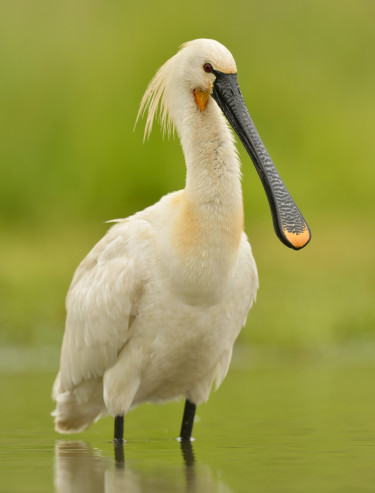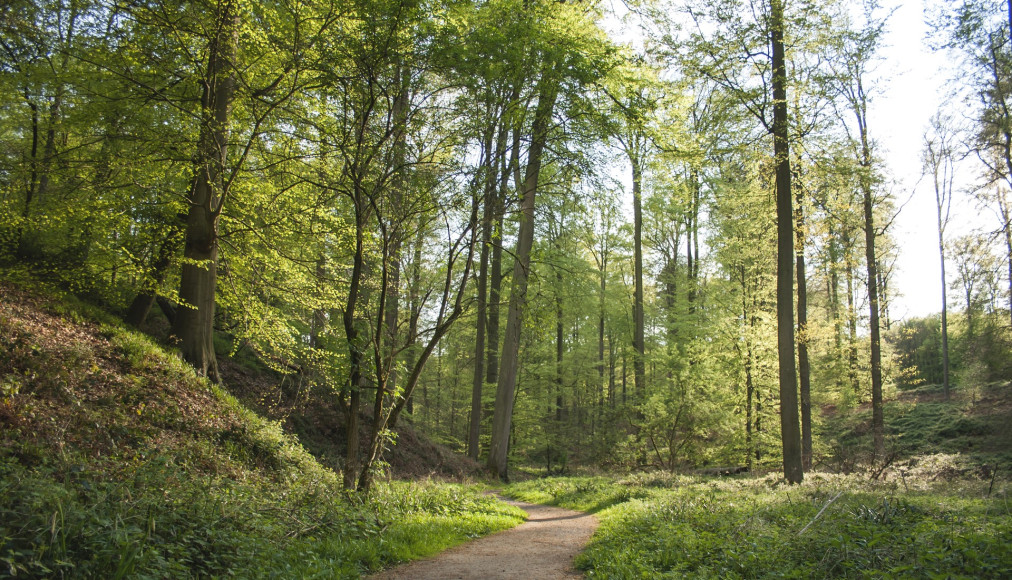Great news for nature lovers and national heritage enthusiasts: both the Scheldt Valley River Park and Bosland have been awarded the honourable titles of ‘National Park Flanders’ after promising applications. We got to know both areas and the partners involved through and through and were thus able to respond well to their many qualities and potentials. By drawing up a master plan and an action programme, we guided them to the finish line. From now on, the areas are officially recognised as one of Belgium's most exceptional natural treasures.
What is a national park in Flanders?
National Parks are specially protected areas of great ecological and recreational importance. To apply as a National Park, several conditions must be met. For instance, 24 years after recognition, the area must be able to form a natural centre of no less than 10,000 ha. The selected candidates received 100,000 euros as financial support for drawing up a master plan and operational plan to achieve the set objectives.
(c) Yves Adams

Scheldt Valley River Park
The granting of national park status to Scheldt Valley River Park is no coincidence. In fact, one of the main reasons is the extraordinary biodiversity in the Scheldt Valley. The area is home to numerous plant and animal species, including some considered rare and endangered. The protected status of a national park would help preserve the natural habitats and boost the populations of these species.
An additional distinguishing feature of the Scheldt Valley is its rich variety of natural landscapes. Wetlands, marshes, extensive forests and serene riverbanks create a diverse terrain where various ecosystems flourish. This diverse landscape plays a crucial role in conservation and provides a hospitable home for migratory animals. Moreover, the area is home to numerous historical sites, where a national park status would help preserve this heritage and make it accessible to the public.
Bosland
Bosland in Limburg is an impressive nature reserve distinguished by its biodiversity and diverse ecosystems. The area has a rich variety of plants and animals. You will find coniferous forests, broad-leaved forests, moors, fens and swamps. This variety of habitats provides a favourable environment for numerous animal species, including deer, foxes, woodpeckers, and numerous rare bird and spider species. It is also in Bosland that we welcomed the first wolf in Flanders and where a wolf family still lives.
This diversity is not only ecologically valuable, but also makes Bosland attractive for nature lovers, hikers and cyclists. There are several walking and cycling routes that allow visitors to explore the beautiful nature. There are also educational programmes and nature education centres that emphasise biodiversity conservation and the importance of these ecosystems.
Want to know more about these projects?
We are happy to help!



